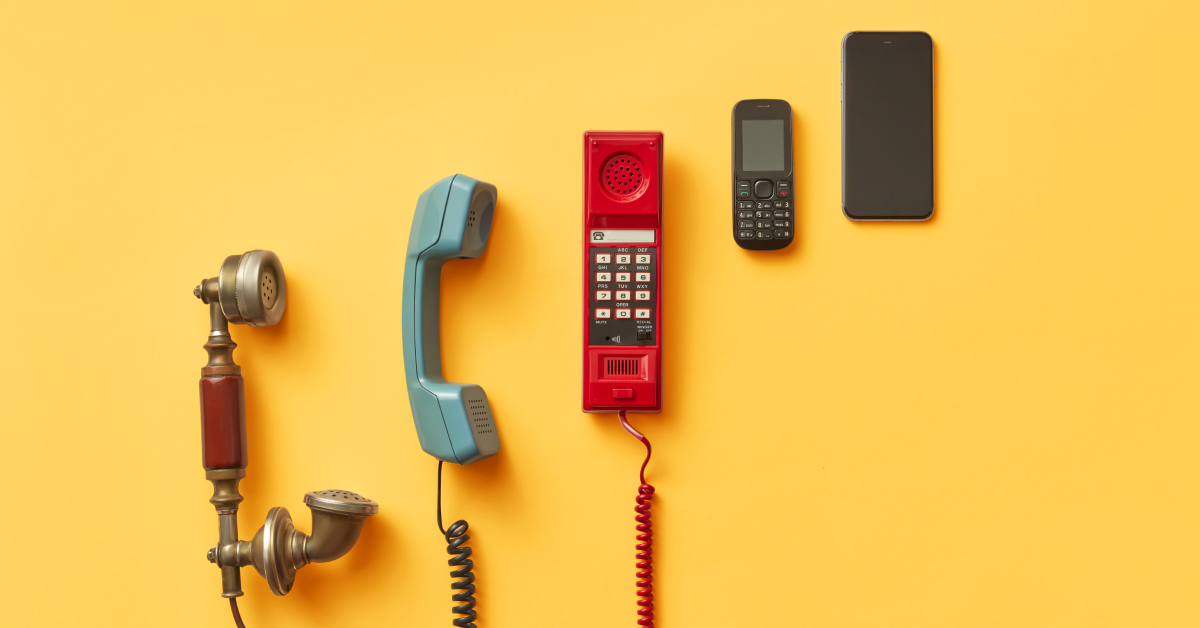You might be one of the most accomplished, powerful, and intelligent people in your field, so it’s weird how you tend to soften your speech, isn’t it? You seem to downplay your authority because, I don’t know, you probably just don’t want to seem pushy. Does that make sense?
If you’re a woman in a position of authority — or, ahem, a woman writing with authority — this qualifier-heavy intro will sound familiar. Dr. Nora Morikawa, a computational linguist at LinkedIn who specialises in language and gender, says it’s common for women to adopt the so-called “female register” in professional settings.
“The female register is a collection of features that are thought to be used more frequently by women than men,” she explains. These features include hedges like might, seems and possibly, overt politeness, empty qualifiers, tag questions that seek confirmation such as “right?” or “isn’t it?”, and intensifiers like “so” or “really.”
From old-school elocution lessons to listicles of power words, effective leaders have long leveraged the relationship between speech and power. Strong speech is associated with building executive presence and establishing authority. Hesitant or soft speech is linked to weakness. So why adopt a pattern of speech in a professional setting that’s all fluff and no substance?
The Catch-22, and why gender is a proxy for power
On the surface, soft language appears to serve a purpose. Features like tag questions and politeness can solicit buy-in from audiences and create reciprocity. For example, using “isn’t it?” at the end of a sentence could be “an invitation for the listener to participate in the conversation or keep people involved, which builds a relationship,” says Dr. Morikawa. But in a different context, that same “isn’t it?” could be perceived as an expression of doubt.
Language is nuanced and fluid. The relationship between a speaker and an addressee is sensitive, and can shift over the course of an interaction. Our choice of words depend on existing power dynamics and speech patterns, which are both conscious and unconscious. So there’s no simple yes or no answer as to whether soft language is undermining or strategic. The underlying question is about power, and what keeps women in big roles playing small, explains Tara Mohr, the author of Playing Big: Practical Wisdom for Women Who Want to Speak Up, Create, and Lead.
“It’s important for us to remember this isn’t really about gender — it’s about how our level of power impacts the language we use, and here, gender is a proxy for power,” says Mohr. Softer language, she notes, is not as much of a problem as tentative or self-deprecating language that undermines authority. “I’m not an expert in this, but” or “I almost wonder if we should…” are classic examples.
“The things we think are appropriate or inappropriate to say in a given situation come down to power — who holds power over whom, and what the possible consequences are of saying something wrong,” adds Dr. Morikawa.
The reality is that the identity of a speaker sets listeners up for how their speech is received. Consider, for instance, how race and class are factors in how speech is understood (see Hillary Clinton, Michelle Obama, and many others). Questioning the authority of powerful women is a cultural condition, which puts them in a tricky double bind.
“If they use more indirect speech, hedge their statements, or accommodate their audiences, they are dinged for being meek or self-effacing and blamed for not being more successful. At the same time, if they speak very directly, interrupt and avoid other features of stereotypically feminine speech, they risk being labeled difficult or pushy.”
The real problem is not the way women speak, but the constant policing of women’s language. Scrutinising every word and vocal pattern equals more criticism, more doubt, and more undermining the authority of powerful women. Consider the gendered critique of “vocal fry,” the speech pattern of raspy, creaky vibrations that has been deemed girlish, unprofessional, and typically associated with the Kardashians, despite its prevalence across genders. Says Dr. Morikawa, “Men do it too, but women are the only ones getting told to stop because we’ve been conditioned to notice it more coming from them.”
Deconstructing the double-Voice
Dr. Morikawa says this perception bias is part of what’s known as “double-voiced discourse,” the awareness that makes you always consider the agenda of the person you’re talking to, which famed linguist Judith Baxter wrote about in her book Double-Voicing at Work. Baxter’s classic example, says Dr. Morikawa, is when a female conference organiser walks onstage and says, “Listen, I am as keen to get to the bar as you are (laughter from audience), but I just want to say a few words of thanks to our speakers.”
“I think a male conference organiser is just as likely to have said something like that to establish a connection with the audience. But if a woman says it, it’s suddenly a feature of the female register because you could argue that it weakens the force of her statement,” says Dr. Morikawa.
But having an awareness of your audience’s agenda doesn’t mean you need to cater to that perception. “Remember that other people’s feedback is not an objective measure of your work quality or merit. Often the feedback we get simply tells us about the priorities, perspectives, or needs of the person giving the feedback,” says Mohr.
Rather, turn the focus on yourself. Start noticing when and why you’re excessively apologising or habitually changing statements into questions. “I recommend looking at your emails because there you have time to slow down and edit deliberately, so that’s a great place to begin,” says Mohr.
The main point is to recognise what’s behind your linguistic choices, and whether it helps you achieve your own objectives, or caters to your audience’s agenda. “Many women use this kind of language they learned long ago,” says Mohr. “Now it’s not a conscious, strategic choice used only when necessary. It’s a habit that undermines their impact and credibility.”



